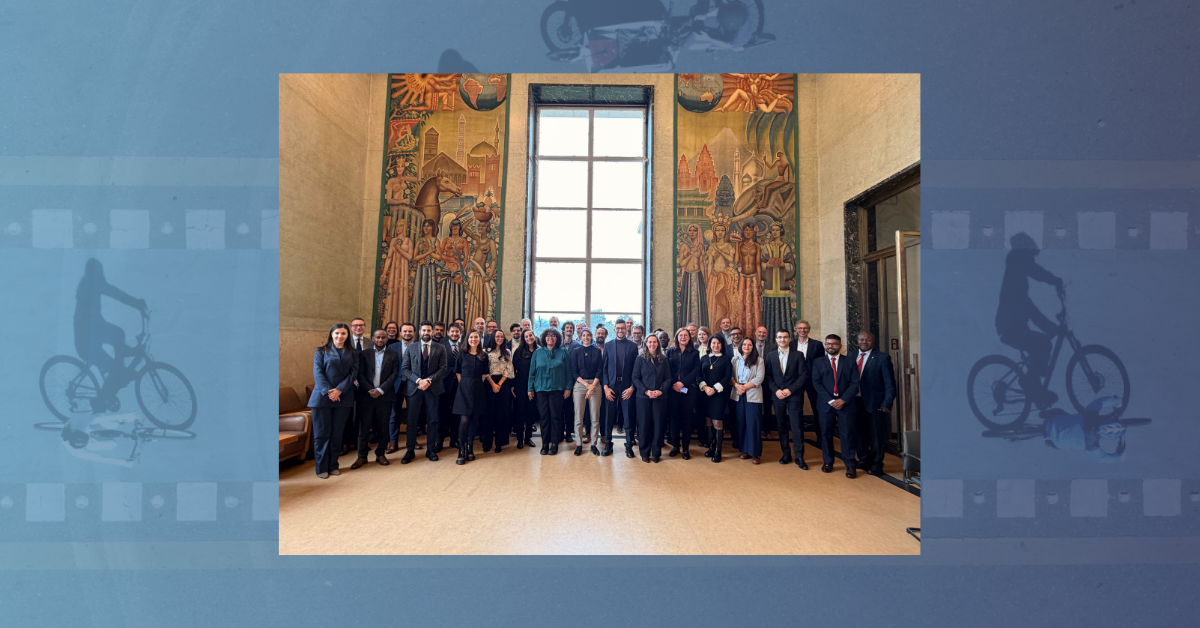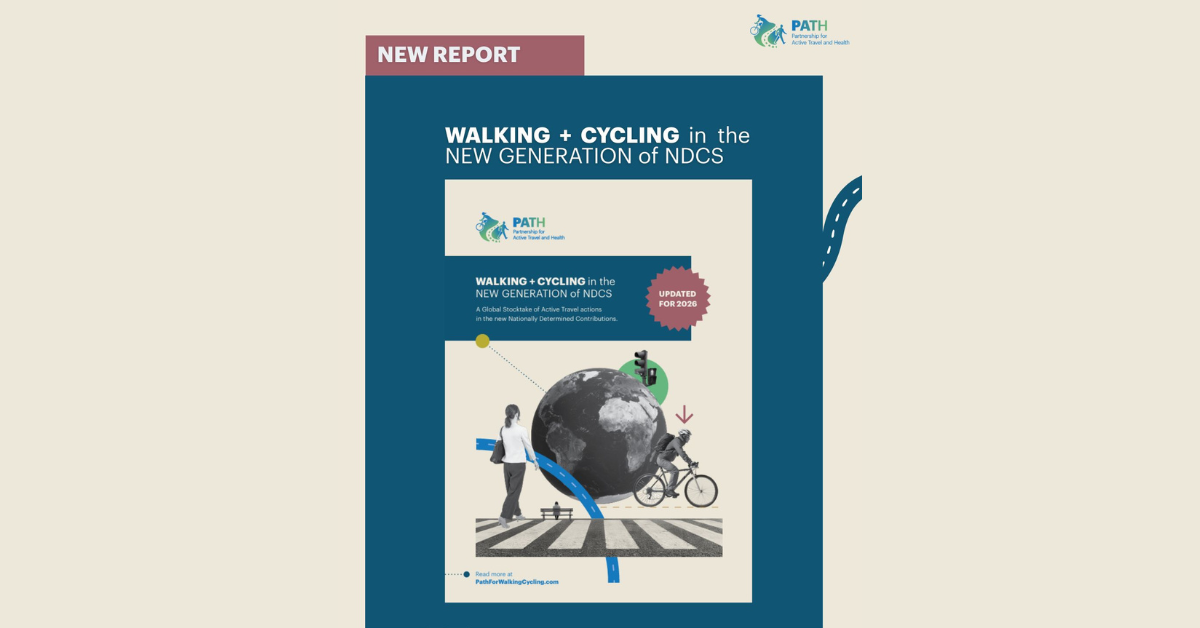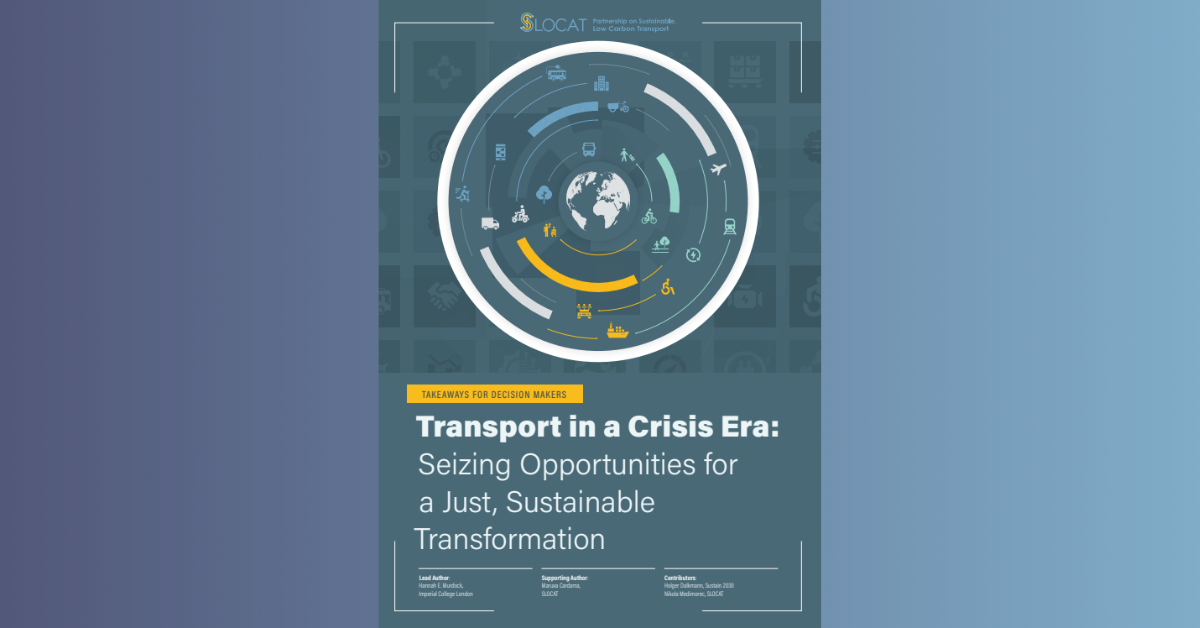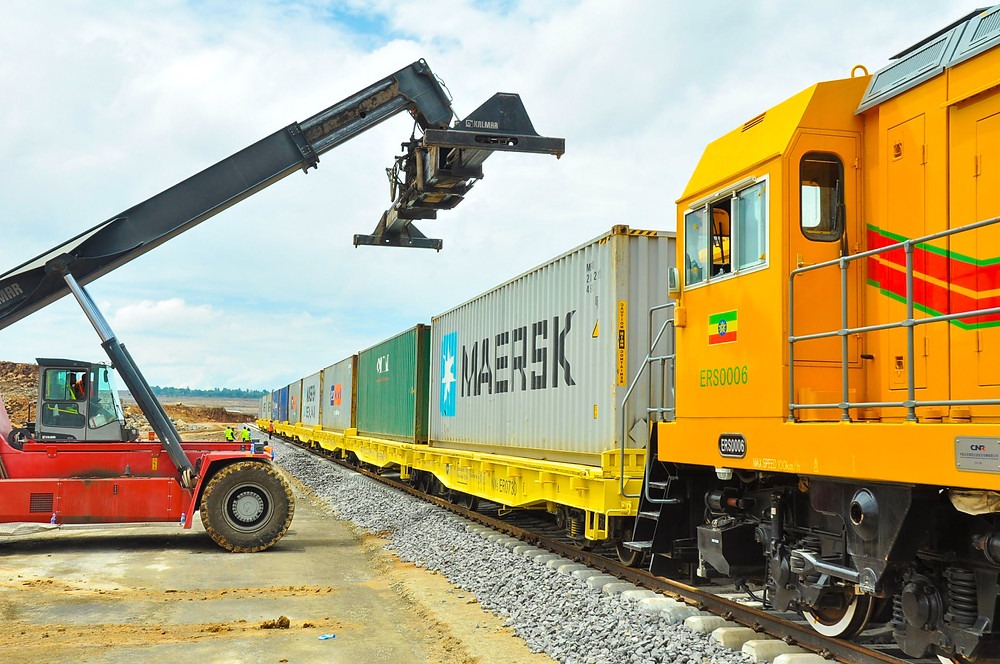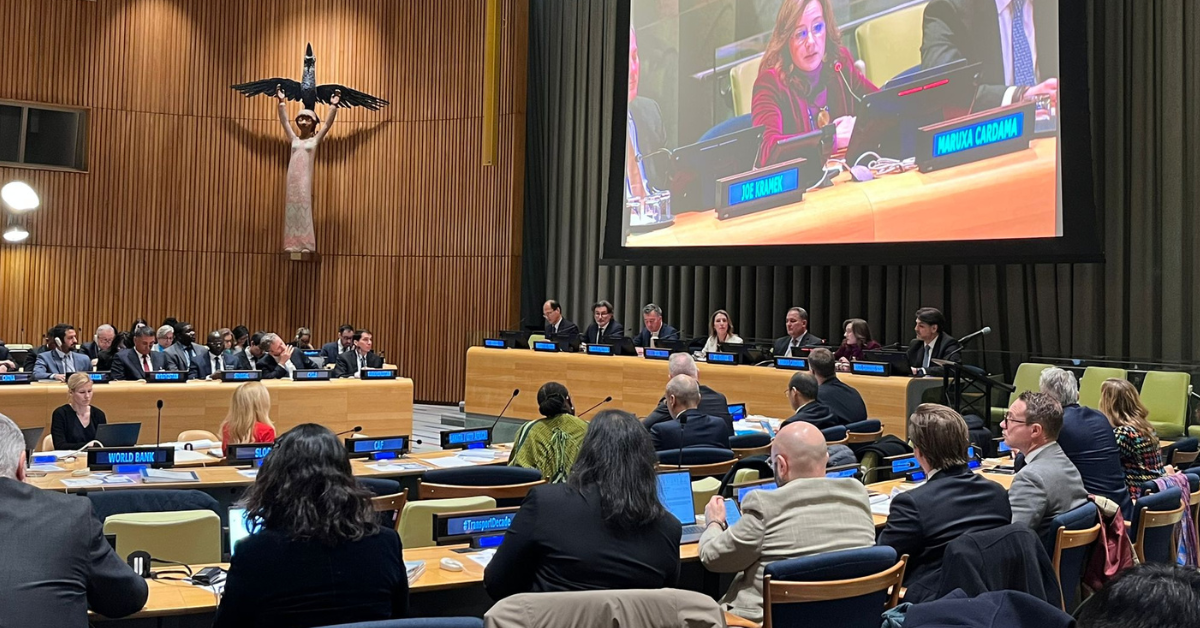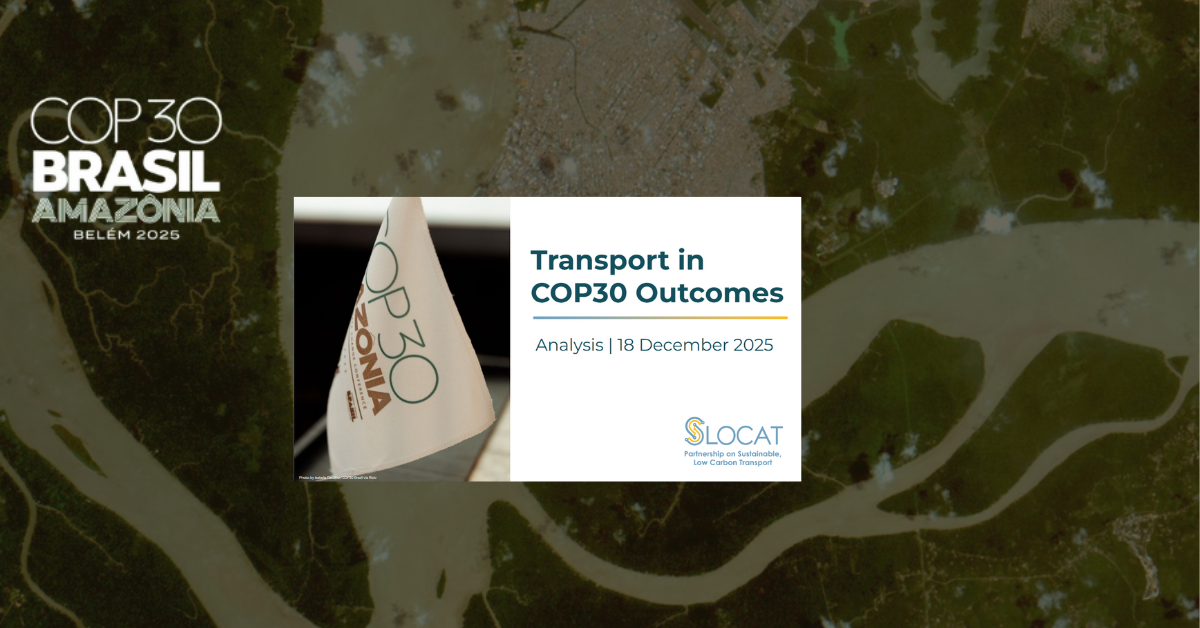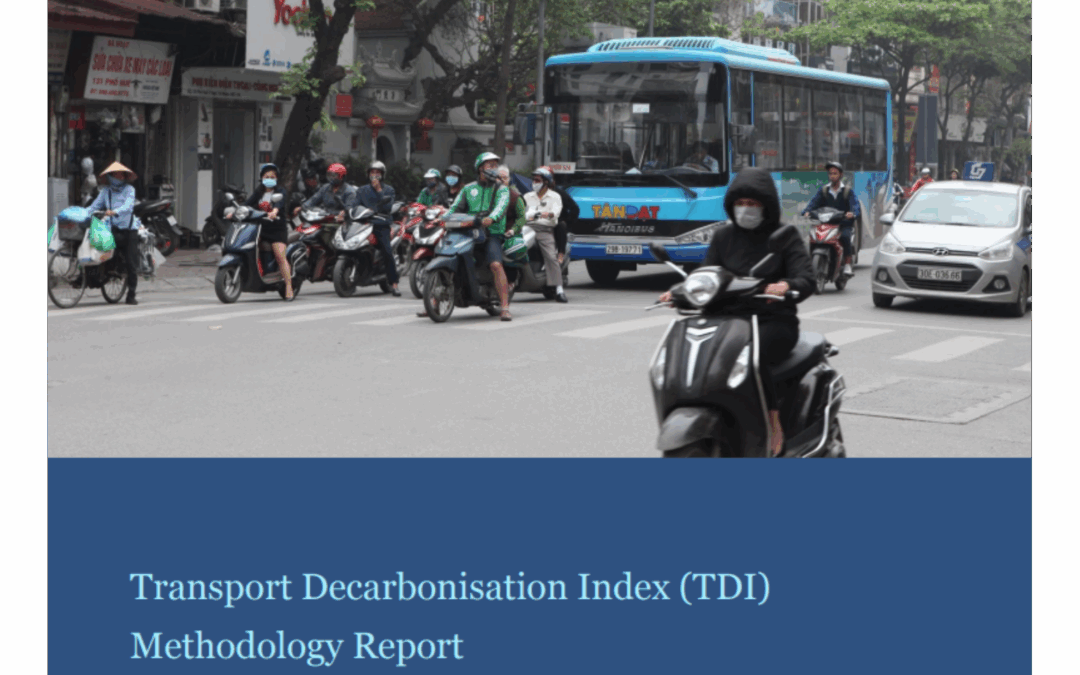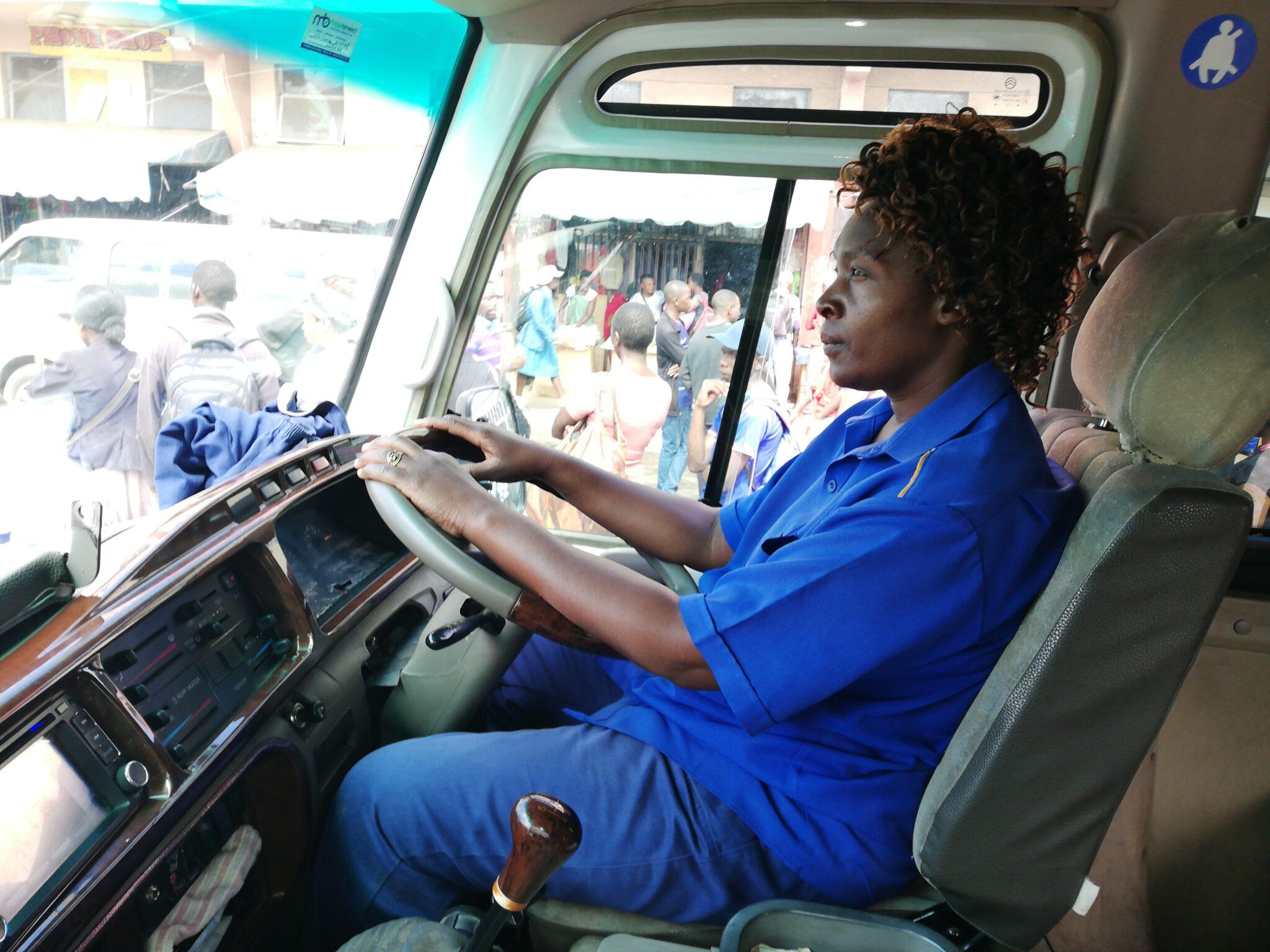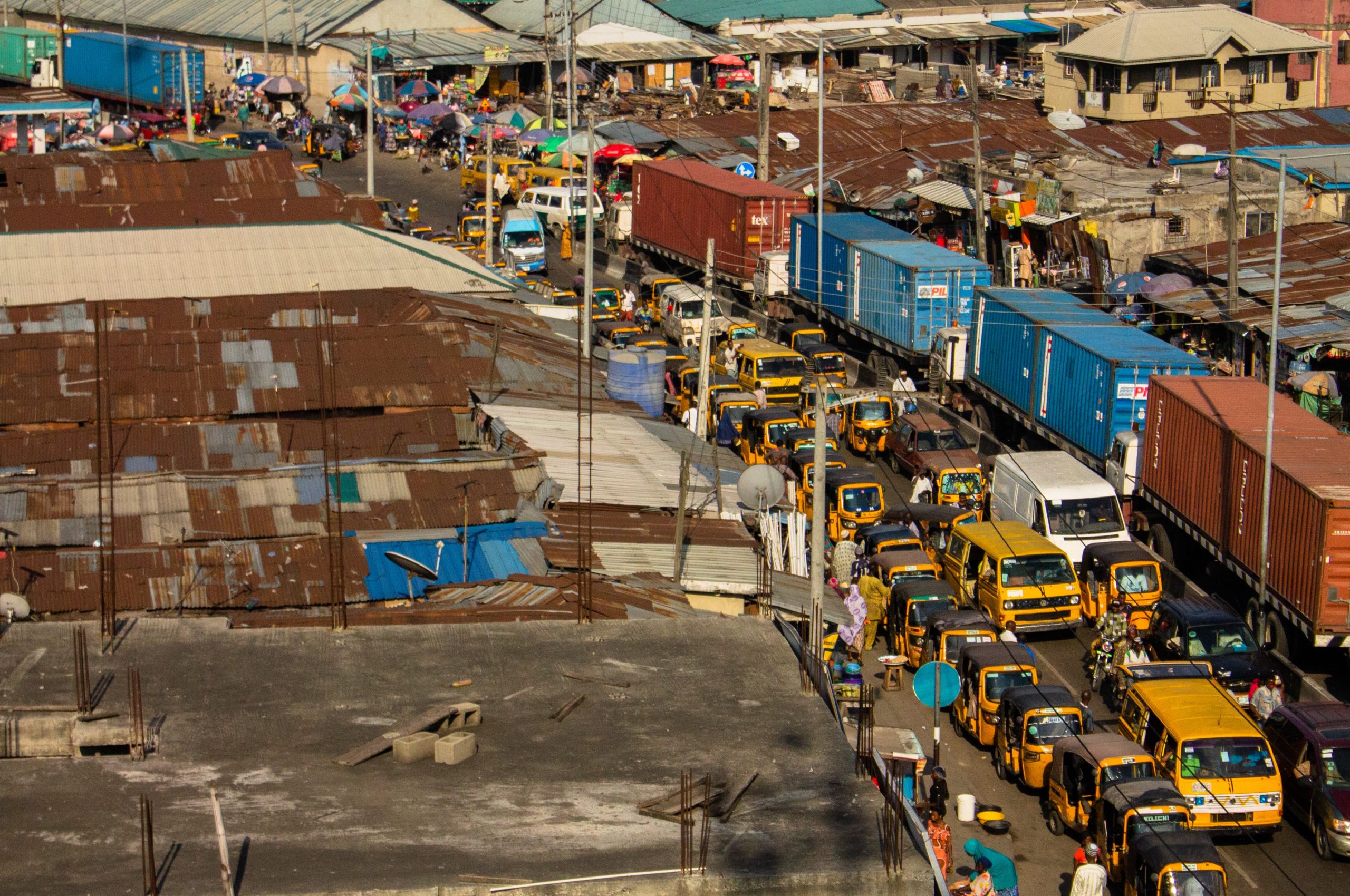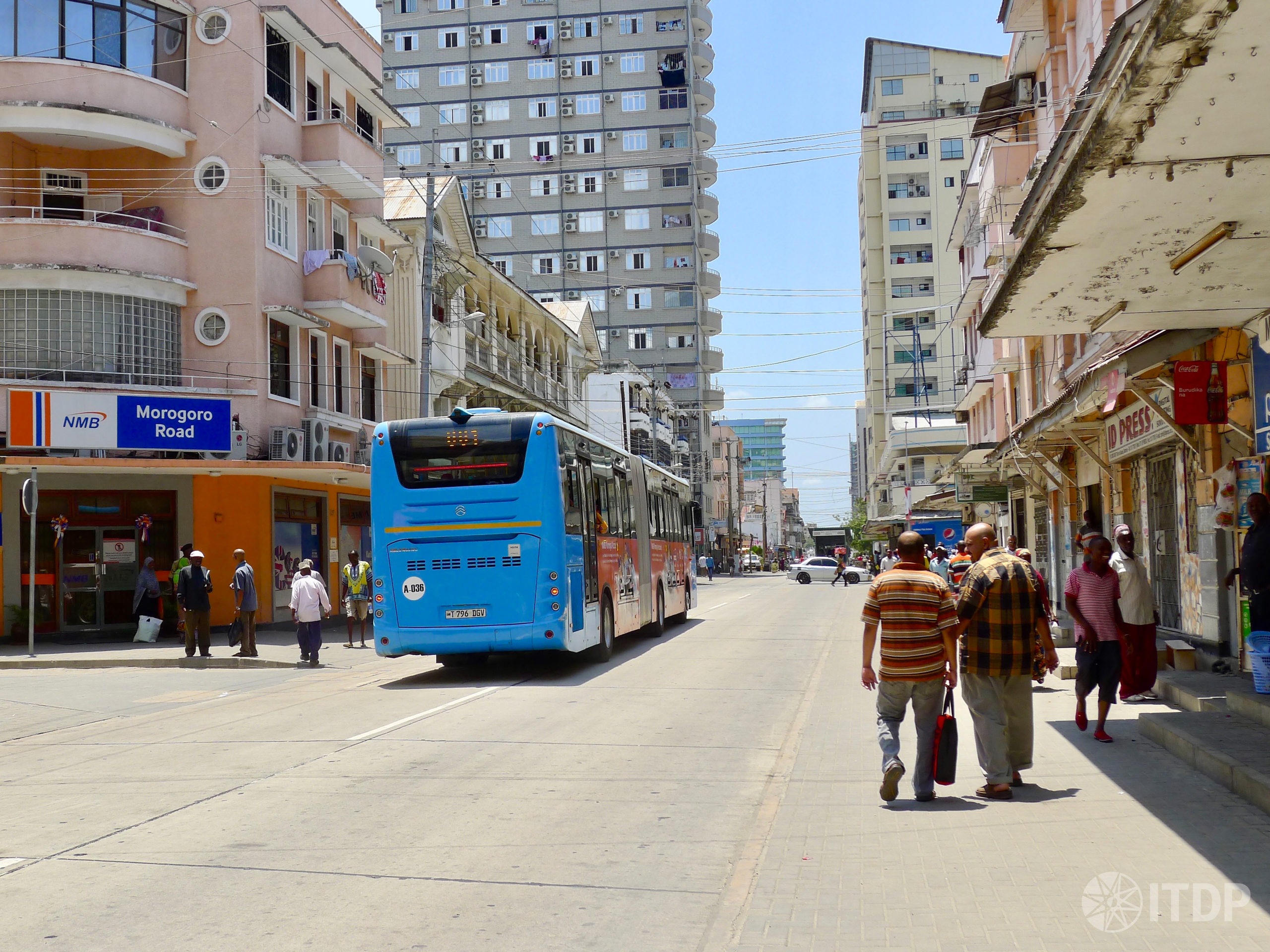Here is a picture of the Ethio-Djibouti Railway (EDR)
Credit photo by EDR.
The Ethio-Djibouti Railway is a real success story not only for my country, but for Africa. Since its reopening in 2017, it has been a game changer to transform a historically landlocked country like Ethiopia. Becoming internationally linked by railway, or as we call it – “land-linkedness” – is so essential because 95% of our export and import goes through the port of Djibouti. It is a great example of concrete benefits of international cooperation that yields significant socioeconomic and environmental benefits.
The old railway line, built at the beginning of the 20th century, had been deactivated for the last 10 years. Goods were transported to and from the seaport by trucks. This made Ethiopia’s trade logistics very slow, expensive and therefore uncompetitive, with poor impacts on air quality and the environment.
A much needed railway for people and goods
The Governments of the Federal Democratic Republic of Ethiopia and of the Republic of Djibouti decided to develop a modern and efficient railway service, with joint cooperation in the operation, maintenance and governance of the line. Ethio-Djibouti Railway has been taken as the flagship project for regional integration and cooperation not only for the horn of Africa but also for the continent.
The new rail is an electrified line, powered by hydro-electric renewable energy. The 728 km journey between Ethiopia and Djibouti, which used to take four days, now takes just a few hours. This is why the new railway campaign is “New Railway, New Life“. As I said, it’s a real game changer because in addition to improving passenger transport trips, it contributes to shifting thousands of containers off the roads and further contributes to cleaner air and less congested traffic. Everything from heavy machinery to everyday goods are shipped, including commodities such as fertilisers, wheat, steel and most of the exports market of Ethiopian coffee, a delicacy that is enjoyed by many around the world.
The case of coffee export
As our country is the origin of coffee and its climate is very suitable for the product, coffee is the most important agricultural product that is exported to the foreign market. Ethiopia, Africa’s top coffee producer, has secured 248,000 tonnes of coffee to the international market and earned 906 million USD from coffee export in the 2020/21 budget year, making our country the tenth largest exporter of coffee in the world and coffee the first most exported product in Ethiopia.
However, the coffee export market has had many challenges, logistics being the main one. Among them are long transportation time, quality maintenance during transportation, security problems, causing the price of coffee to not generate the expected income. In order to overcome these problems, the Ethiopian government turned to the new railway line, which now transport 98% of the exported coffee. Ethiopia’s annual coffee export achieved 300,000 tonnes within the next year and revenue has hit a record 1.4 billion USD, generating an additional 500 million USD compared with the average yearly earning.
A crown jewel of Africa’s fastest-growing economy
The new rail project has also significantly improved Ethiopia’s international trade and economic growth by reducing logistical costs and time of delivery on all levels. For example, we used to have many challenges exporting fresh goods such as vegetables from Ethiopia to Djibouti every week. Because of repeated transport delays, many traders closed their businesses. Now, this is no longer a concern.
Ethiopia is a diverse nation. This new link is running though areas where much of the population resides. Our passenger trains are quite successful since tickets are offered at affordable prices, with 155K passengers transported in 2021. Besides, for both countries, the railway provides job opportunities to the local population, improved access to public transport, reduced transport cost and a safe, reliable and comfortable journey which is environmentally friendly. Besides, passengers can enjoy the attractive landscape and station designs and it is easily accessible for everyone. For Ethiopia this is more than just a railway project, it is the crown jewel in the development ambitions of Africa’s fastest-growing economy. Ethiopia is ready to see more projects initiated as we march into a future of prosperity and we hope that this project can inspire many more in the African continent.
Shifting freight from road to rail
To achieve this ambitious modal shift targets of road freight to rail in African countries, a set of policy instruments have to be applied. Out of the various options which can enhance rail share we picked out:
- pricing instruments,
- investments in railway infrastructures and,
- market regulation.
In order to provide a competitive price and reliable service, it will be essential for upcoming projects in Africa to reduce operating costs by implementing a number of measures, including the operation of heavier and longer trains, a wider loading gauge, higher average speed and better use of wagon space and all assets. This will lead to increased capacity, as well as better planning of timetables, signalling systems and infrastructure improvements. By doing this, the modal shift of road freight to rail will be very easily achievable by our African countries, but more importantly, will contribute significantly to reducing carbon emissions and avoiding the worst of the climate catastrophe in Africa which is already suffering greatly.
It is very exciting that the world’s eyes will be on Africa this November for COP27. Just as the railway has been an engine for the green growth of Ethiopia, the African COP must be the engine for green growth across Africa and especially for the railway sector! The time is now – let’s shift all medium- and long-distance freight to rail for a low carbon future in Africa!

Tebebu Terefe Mencha
Tebebu T. Mencha serves as Chief Safety Officer at Ethio-Djibouti Railway since the beginning of commercial operation of the line in 2018. His responsibilities include maintaining safe train operation, quality of freight and passenger transport and environmental issues. Mr. Mencha has also served as Expert and Power Supply Manager at the construction phase of the project. He has a MSc. in Railway Engineering in traction and train control from Addis Ababa University Institute of Technology with over 10 years of experience in the Ethiopian railway sector.

Tebebu Terefe Mencha
Tebebu T. Mencha serves as Chief Safety Officer at Ethio-Djibouti Railway since the beginning of commercial operation of the line in 2018. His responsibilities include maintaining safe train operation, quality of freight and passenger transport and environmental issues. Mr. Mencha has also served as Expert and Power Supply Manager at the construction phase of the project. He has a MSc. in Railway Engineering in traction and train control from Addis Ababa University Institute of Technology with over 10 years of experience in the Ethiopian railway sector.









